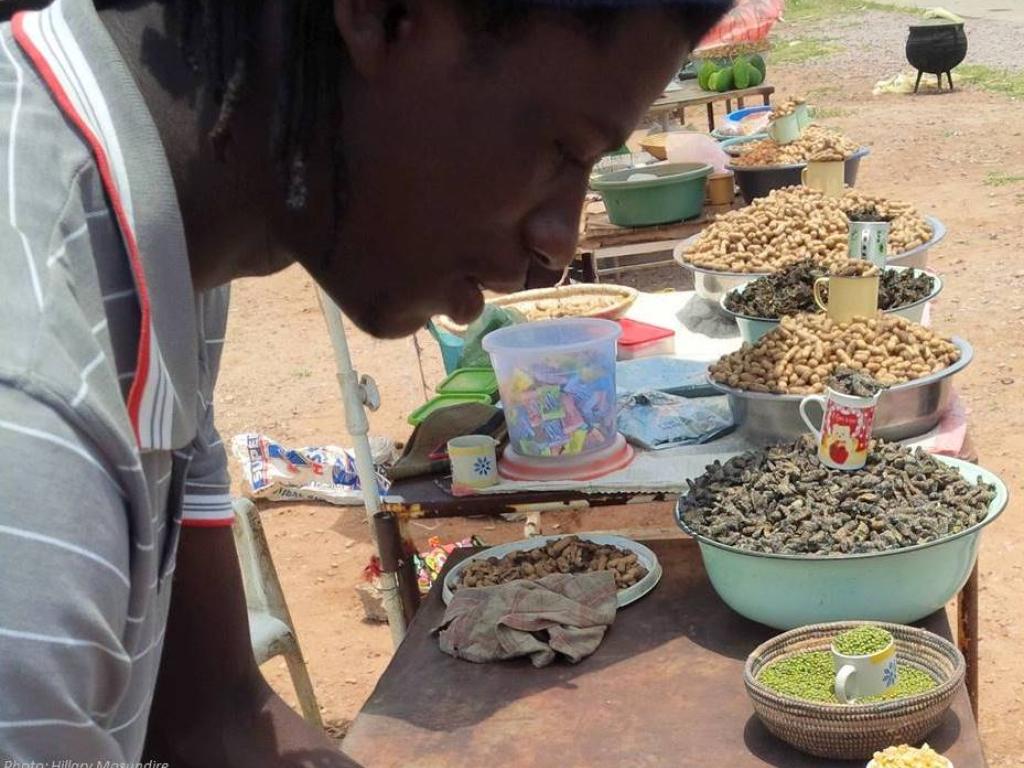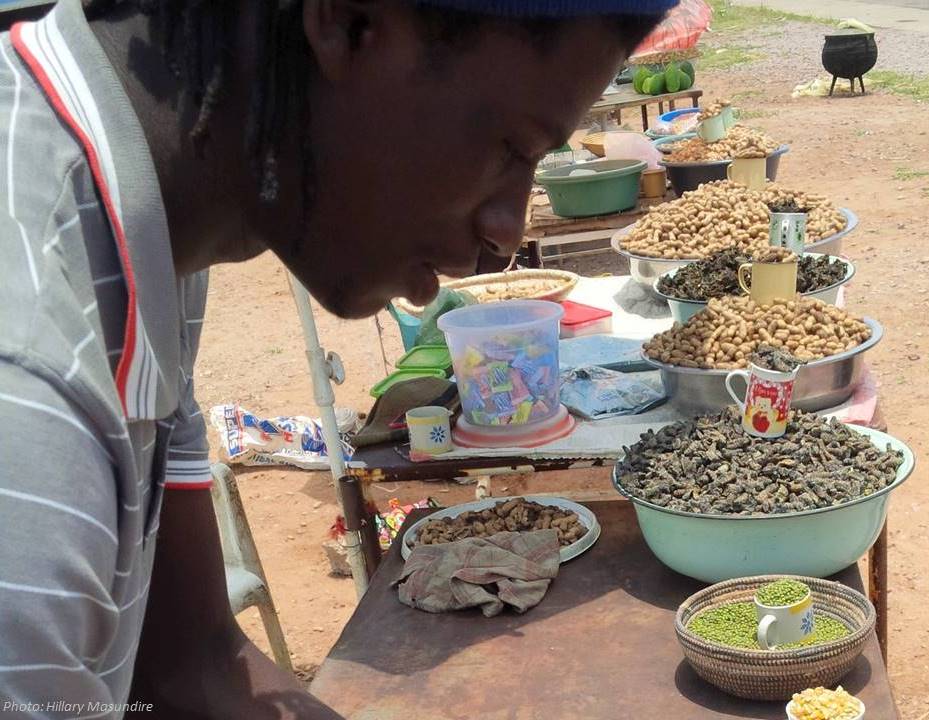The impact of drought on the wellbeing of subsistence farmers in north-central Namibia

By Irene Kunamwene, Southern Africa Researcher - ACDI, University of Cape Town

As a consequence any reduction in agricultural productivity fundamentally affects the wellbeing of these farmers and their communities.
Hunger
It is unsurprising then that the severe droughts of recent years have caused people in this region to experience major food shortages, with many going hungry for days at a time.
“There isn’t sufficient pasture for our livestock in the village. Most of the grazing areas have been turned into crop fields because there are too many people to feed. But the crop fields are not fertile, and there is no manure. When it rains, the soils become inundated and when it doesn’t rain the soil dries out and the crop harvest is poor.”
Relationships
The impact of drought on people’s wellbeing extends beyond hunger levels. Good relationships form the social glue of these subsistence communities, and food shortages can erode these bonds. For instance, in the past, farmers would share food among their family members and neighbours, but many can no longer afford to do this.
“I have a good relationship with my siblings. We appreciate one another. I don’t wish for this to change. But poverty can destroy these relationships.”
Theft of crops and livestock has increased, and many people have become bad-tempered and unhappy as they struggle to produce enough food for their families.
However, things are not only negative. Even in these dire circumstances, people still find ways to rally together to manage their hardships.
"My neighbour is very helpful. He suggested that we buy heifers from him and he assisted us with two donkeys for ploughing"
Livelihoods
With food security being such a stark daily issue for these farmers – and with a strong interest to ensure the physical and emotional wellbeing of themselves and their families – livelihood development and livelihood diversification is something at the forefront of people’s minds.
"If I get a job, thinks will change for the better. I can at least buy draught animals to improve my crop production."
"I want to get employed in order to assist my family. I want to buy farming implements such as draught animals and ploughs. We want to get more food. We have a shortage of food in the house"
Our focus
In our work in Southern Africa we are trying to better understand all of the ways that the wellbeing of people in our study sites is being impacted by climate change and climate variability. By considering people’s current circumstances as well as their future aspirations, we will critically evaluate which adaptation strategies will be most effective at improving all aspects of their wellbeing. We aim to use this understanding to ensure that development policies address the wide spectrum of human needs and not simply the material ones.